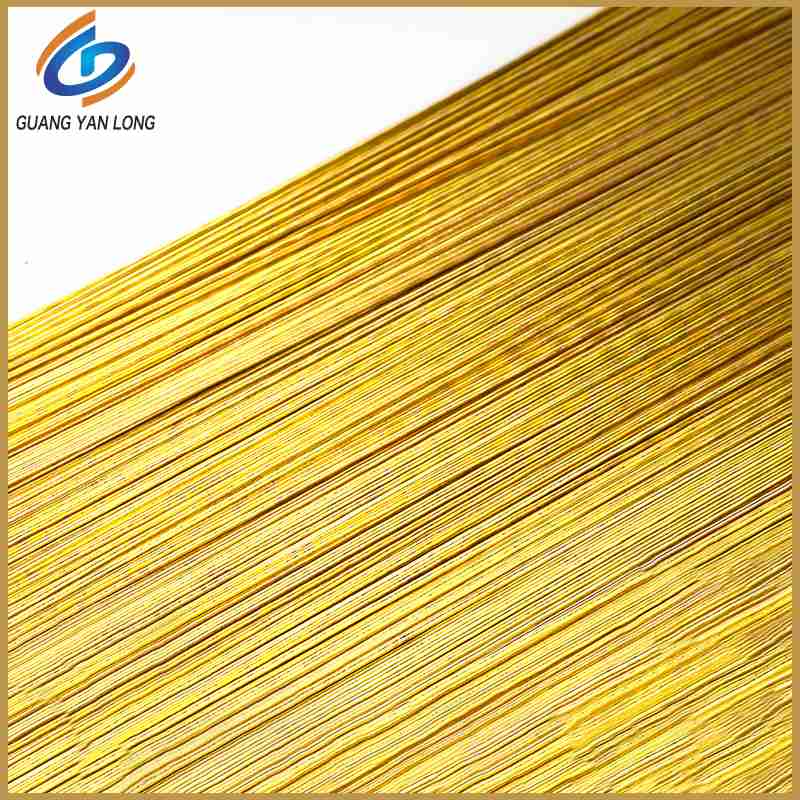When it comes to metal fabrication and welding, the choice of electrodes is crucial for achieving optimum performance, efficiency, and quality welds. In different welding applications, Brass Electrode plays a great role because it is versatile and highly conductive. However, making right choices on brass electrodes involves considering some factors that affect welding performance. Let’s now look into these factors and their significance in optimizing welding results.
Material Compatibility:
One of the primary considerations when selecting brass electrodes is material compatibility. Metals and alloys have different properties as well as welding characteristics which require use of specific materials tailored electrodes. They can be used with a wide range of metals such as steel, stainless steel, aluminum and copper alloys hence suitable for various kinds of welding processes. To produce strong and reliable welds it is important to make sure that the electrode matches with workpiece material.

Electrode Shape and Size:
The shape and dimensions of brass electrodes have a significant impact on the quality of welding works done using them. The choice of electrode shape should correspond to the joint configuration for proper heat distribution and penetration during the process stage. On top of this, appropriate electrode size selection guarantees correct current density leading to stable heat production thus uniform weld build-up with minimum porosity defects. Regardless if pointed or flat or shaped ones are applied, geometry must match to project type at all times in order to achieve satisfactory weld joints.
Surface Finish:
Welding performance together with life span of an electrode significantly relies on its surface finish that can be achieved by varnishing or electroplating it . When there is smoothness as well evenness throughout its entire surface; good electrical contact shall exist between workpiece plus anode which will enhance efficient energy transfer besides no arc or spark while welding is taking place. For preventing surface contamination coupled with oxide growth; surface treatment processes like polishing are essential because they will improve conductivity and lifespan of an electrode.
Electrical Conductivity:
The electrical conductivity is one of the most important properties of brass electrodes which have major impact on the quality achieved in welding. Brass, which possesses excellent electrical conductivity enables efficient energy transfer thus causing fast heating as well as fusion of metal parts. This ensures that heat distribution is even and welds are uniform across a joint. Thus, it is important to select brass electrodes with proper conductivity to enable minutely adjusting the welding process for best results.
To sum up, when selecting brass electrodes for welding applications; factors such as material compatibility, electrode shape and size, surface finish and electrical conductivity should be taken into account. With right choice of specific welding requirements, they enable manufacturers to enhance their efficiency by delivering better performance as well as quality output. Whether it is spot welding or seam welding or resistance welding processes; metal fabrication industry has to ensure that brass electrodes are used because they produce good results thereby increasing productivity.